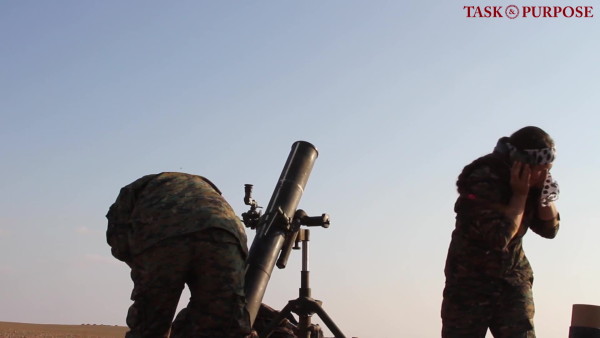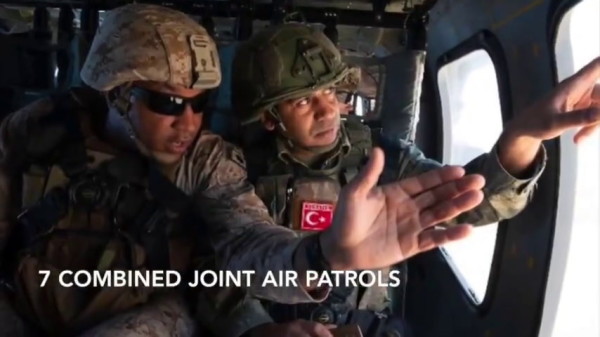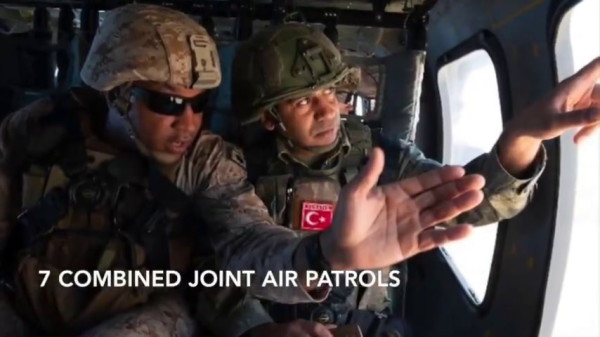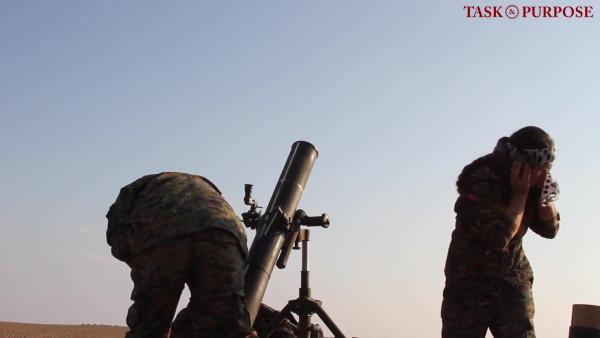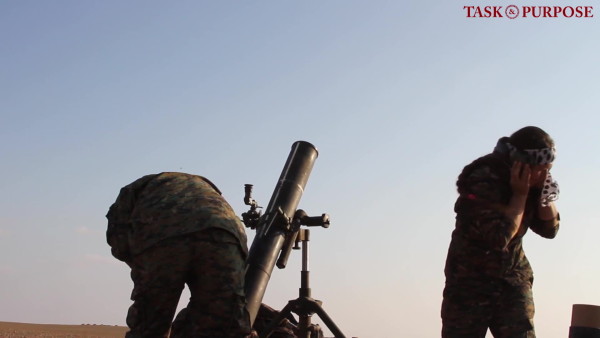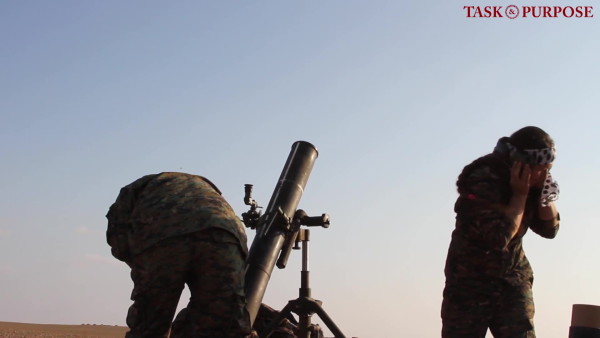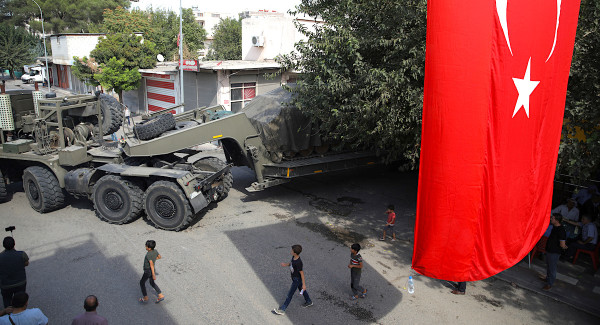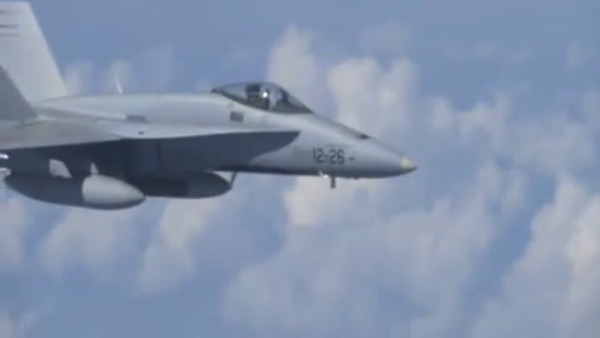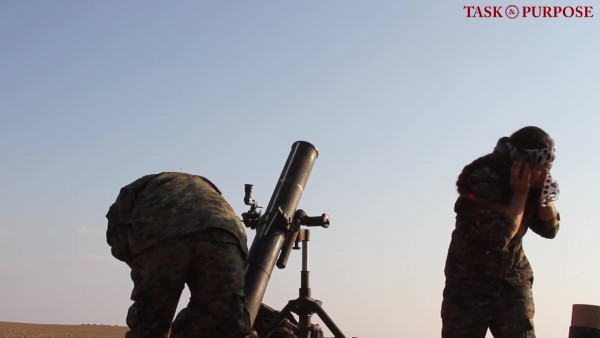Editor’s Note: This article originally appeared on Radio Free Europe/Radio Free Liberty
Russian President Vladimir Putin says he and Turkish President Recep Tayyip Erdogan have made “momentous” decisions regarding Ankara’s military offensive in northeast Syria, with both sides saying they had agreed to conduct joint military patrols in the tense region.
Russian and Turkish officials said a five-day U.S.-brokered truce had been extended for 150 hours, starting on midday on October 23, and that Kurdish militias would be required to clear out of a 30-kilometer buffer zone along the Turkish border.
The decisions were announced following a face-to-face meeting between the two leaders at the Russia Black Sea resort of Sochi.
Erdogan and Russian Foreign Minister Sergei Lavrov confirmed that Turkish and Russian troops would begin joint patrols in Syria in a buffer zone some 10 kilometers deep from the Turkish border, but that Turkey’s self-declared “terror-free safe zone” would extend 20 kilometers deeper into Syria.
“We had a very productive meeting with our Russian counterparts today,” a senior Turkish official said. “We reached an excellent agreement. We agreed to establish a terror-free safe zone.”
The comments come after a senior U.S. official told news agencies that U.S.-allied Syrian Kurdish forces had completed their withdrawal from the border area in northern Syria that Ankara wants to be cleared of Kurdish fighters.
A Kurdish official confirmed that the militias had left the region in compliance with the five-day cease-fire deal.
Syria has condemned Turkey’s offensive and has suggested it could ally with the Kurdish fighters.
Russia is allied with Syrian President Bashar al-Assad, while Turkey has backed rebels seeking to oust Syria’s leader during a civil war that has lasted more than eight years.
Assad on October 22 characterized Erdogan as a “thief,” according to the state news agency SANA.
“He [Erdogan] has robbed the factories, wheat and oil, and today he is robbing the land,” SANA quoted Assad as saying during a visit to Idlib.
Turkey launched its offensive against Kurdish-led forces on October 9 after U.S. President Donald Trump announced he was withdrawing the bulk of U.S. troops from northeast Syria.
Turkey views the Syrian Kurdish People’s Protection Units (YPG) militia as terrorists, though the Kurds were instrumental in the defeat of the Islamic State (IS) extremist group in Syria earlier this year together with U.S. forces.
Secretary of State Mike Pompeo on October 21 said Trump was prepared to use military force if “needed,” when asked about Turkey’s attack on the Kurds.
Speaking to CNBC, Pompeo said, “We prefer peace to war.”
“But in the event that kinetic action or military action is needed, you should know that President Trump is fully prepared to undertake that action,” Pompeo said without specifying what constituted a red line for the United States to take military action toward fellow NATO member Turkey.
Critics at home and abroad called Trump’s decision a “betrayal” of U.S.-allied Kurds, and many expressed concerns that the thousands of IS prisoners being held by the Kurdish militias would be able to flee during the fighting.
European Council President Donald Tusk on October 22 condemned the candidate for EU membership’s invasion of Syria and urged Erdogan to pull back his troops.
Turkey “needs to end its military action permanently, withdraw its forces, and respect international humanitarian law,” Tusk said, adding that “any other course means unacceptable suffering, a victory for Daesh [Islamic State], and a serious threat to European security.”
On October 21, video footage showed residents of a Kurdish-dominated Syrian city throwing food, including potatoes, at departing U.S. military vehicles as they drove past a crowd.
The video, shown by the Kurdish news agency, showed people hurling potatoes at the vehicles and shouting, “No America,” and “America liar,” in English.
Copyright (c) 2019. RFE/RL, Inc. Reprinted with the permission of Radio Free Europe/Radio Liberty, 1201 Connecticut Ave NW, Ste 400, Washington DC 20036.
